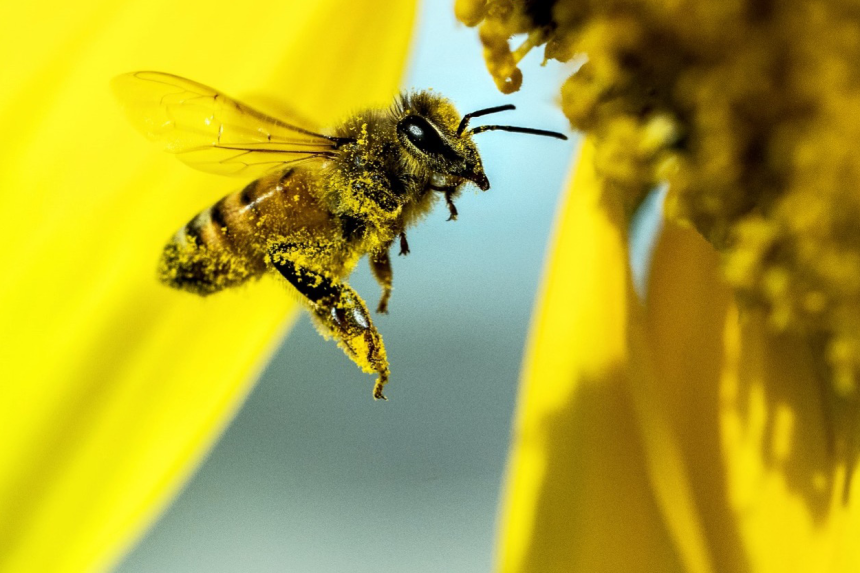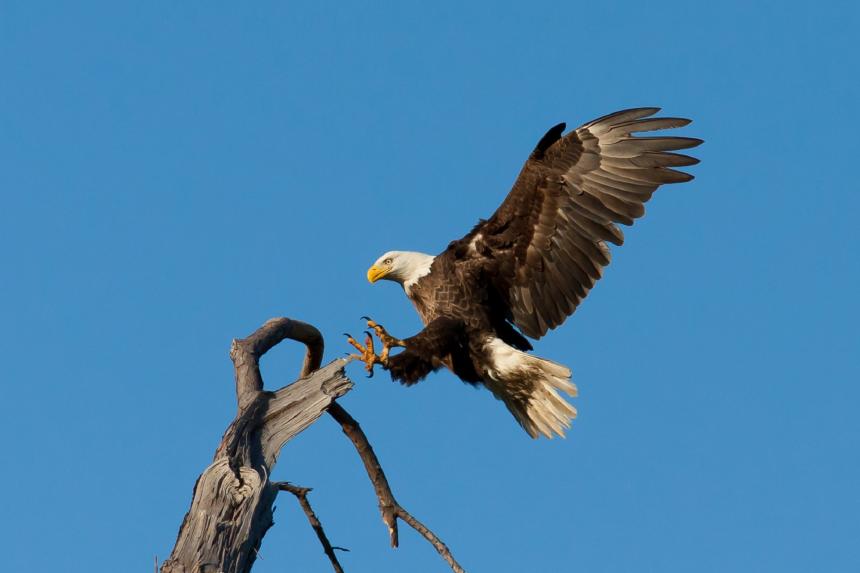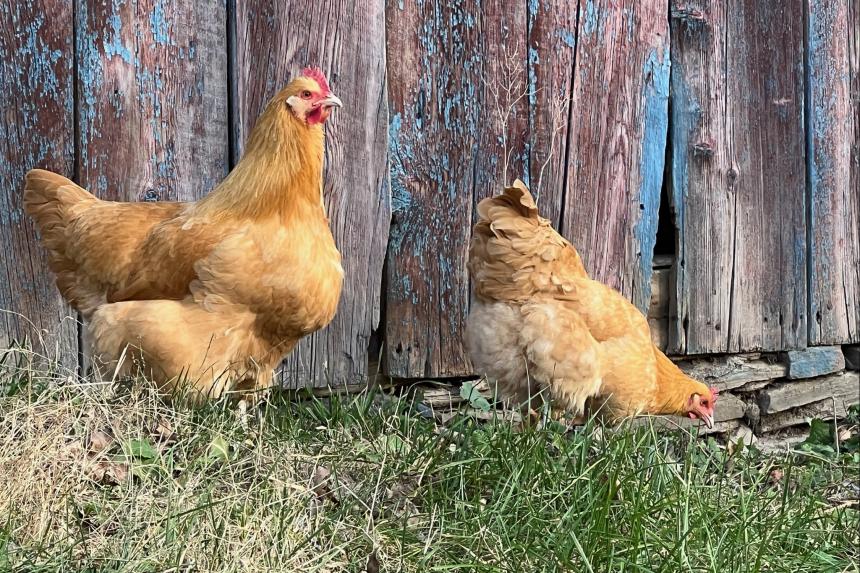In the News

May 20, 2022
by
Karyn Bischoff (emeritus)
I have an affinity for bees. I came by it honestly: my grandfather was a beekeeper. Upon his death decades ago, I was allowed to take a few small keepsakes from his home; one of my choices was his beekeeping book, “The Hive and the Honey Bee, Edited by Roy A. Grout.” His copy was printed in 1954, but the history of the book dates a 101 years earlier (authored by Langstroth) and continued through 2015 (edited by Graham)....

Video
May 17, 2022
An eastern phoebe songbird was found in a glue trap meant to capture insects and was taken to Cornell’s Janet L. Swanson Wildlife Hospital for treatment.

May 16, 2022
Found in a glue trap meant to capture insects, an eastern phoebe songbird was taken to Cornell’s Janet L. Swanson Wildlife Hospital after its rescuers attempted to free the creature from the powerful adhesive.

Video
May 11, 2022
A tiny red fox kit was recently treated for a swollen paw at Cornell's Janet L. Swanson Wildlife Hospital. The fox is expected to make a full recovery.

May 10, 2022
A tiny red fox kit is getting world-class care at Cornell University’s Janet L. Swanson Wildlife Hospital. The four-to-six-week old baby was found with her paw caught in a plastic rat trap and Cornell’s wildlife health team is helping to heal the fox’s swollen paw and get the baby back to full health.

May 05, 2022
Cornell veterinary student Laura Donohue, DVM '22, showcases her artistic talent and passion for animals in a new book, "Wildlife Health and Disease in Conservation," featuring >100 illustrations depicting common wildlife disease cycles and their social, cultural and economic influences.

April 25, 2022
With millions of chickens on commercial poultry farms sickened and dying from a highly virulent strain of avian flu in recent months, it might have escaped notice that some of the nation’s most stunning wild birds have also been felled by the virus.

Blog
April 22, 2022
Today is Earth Day! There are many ways to invest in our planet, and together, we can work to secure a healthier future for wildlife, people, and planet today and every day!

April 19, 2022
Dr. Elizabeth Buckles, assistant clinical professor and wildlife pathologist at Cornell University College of Veterinary Medicine, says it's important to keep chickens and turkeys away from wild birds to prevent the H5N1 virus from entering our food supply.

April 14, 2022
After a decade of planning and over a year of construction, the Rosamond Gifford Zoo opened their new animal health center with the goal of providing education and transparency to visitors at the zoo.
